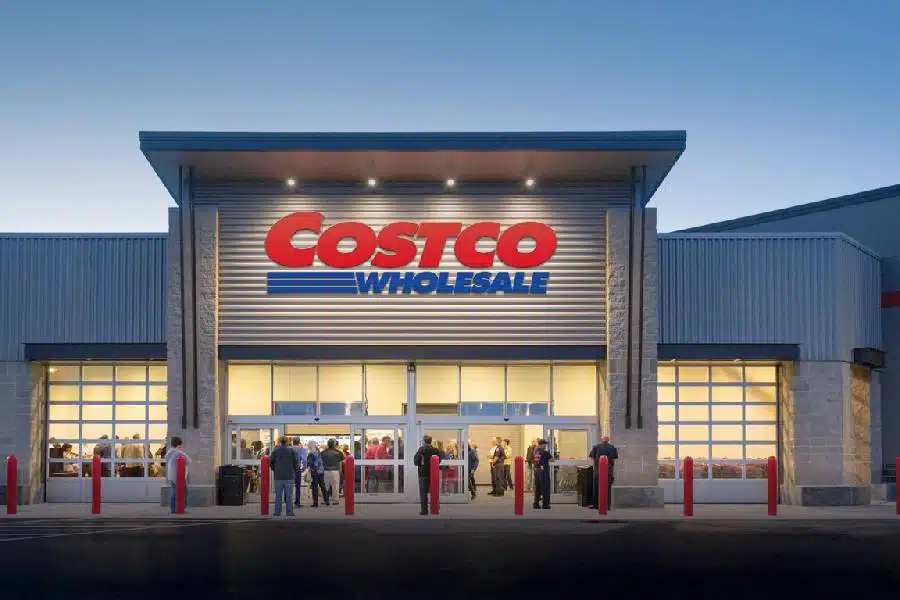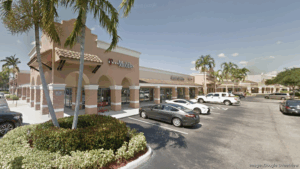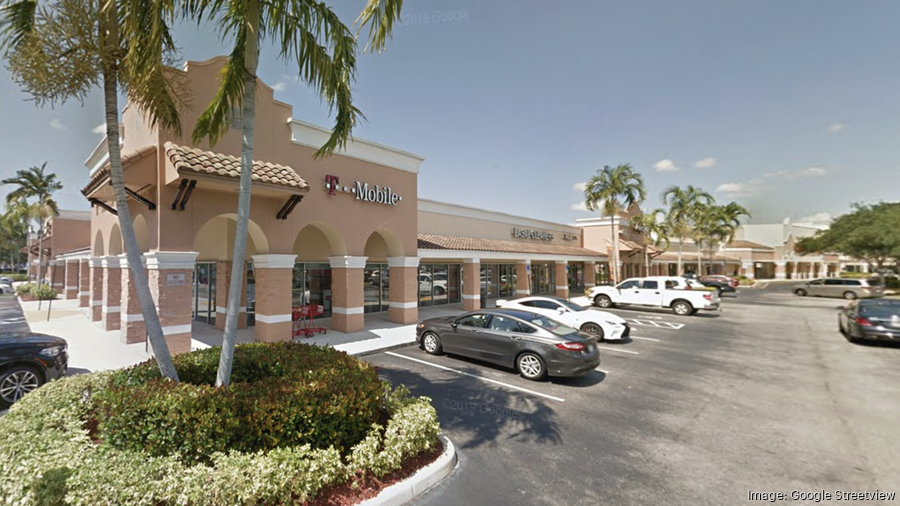Miami-Dade's Bold Housing Strategy: Swerdlow Partnership Could Address Employee Housing Crisis
Unprecedented Development Approach Aims to House County Workers
In a departure from standard procurement practices, Miami-Dade County officials are considering an unusual partnership with developer Michael Swerdlow to create workforce housing without going through competitive bidding. The proposed arrangement would task Swerdlow with building 400 apartment units specifically targeting Miami-Dade Water & Sewer Department employees on county-owned land.
The innovative housing initiative is connected to an existing agreement where Swerdlow is purchasing 17 acres of county property for $8.1 million to develop a Costco store. Under the new proposal heading to the county commission's housing committee on Tuesday, Swerdlow would charge just a 3 percent developer's fee to construct the housing project on a portion of a 22-acre parking lot and storage facility at 11800 Southwest 208th Street.
County documents frame this unconventional approach as providing an "additional benefit to the community" addressing Miami-Dade's "great need for affordable housing for its employees in order to retain and attract talented, dedicated public servants."
Timeline Extensions and Financial Adjustments Proposed
The resolution, sponsored by Commissioner Kionne McGhee whose district includes both project sites, also seeks to extend the Costco land deal's closing date from March 2025 to April 2027. This extension would provide Costco additional time for site due diligence, with Swerdlow and the retail giant reportedly having already agreed to lease terms.
In exchange for the extended timeline, Miami-Dade would receive an increased deposit of $500,000, up from the previously negotiated $300,000. This modification comes after the county commission approved selling the Costco site to Swerdlow last year for $8.1 million—significantly below the $31 million valuation established by two independent appraisals.
Defenders of that below-market transaction pointed to Swerdlow's commitment to invest at least $39 million in developing the 151,000-square-foot store and surrounding infrastructure, including sewer systems and roadways. The project was promoted for its potential to generate at least 210 jobs with average annual salaries of $35,075.
Political Connections and Campaign Contributions Raise Questions
Swerdlow's reputation as one of South Florida's most politically connected developers has raised eyebrows regarding the no-bid housing proposal. His strategic hiring practices include bringing on Michael Liu, who led Miami-Dade's public housing department for nine years until 2023, as Swerdlow Group's executive vice president and strategy officer.
Campaign finance records reveal significant political contributions from Swerdlow Group affiliates, including $30,000 to a political action committee supporting Commissioner McGhee's unopposed reelection campaign in 2023. Additional contributions of $55,000 were made between 2023 and 2024 to a PAC backing Mayor Daniella Levine Cava's reelection efforts.
When approached for comment, Swerdlow declined through a spokesperson. Requests for comment from Commissioner McGhee's office and Mayor Levine Cava's team, who is negotiating the sales contract with the Coconut Grove-based developer, went unanswered.
Part of Larger Development Ambitions
The workforce housing proposal represents just one piece of Swerdlow's extensive development aspirations in Miami-Dade County. He is simultaneously pursuing an agreement with the county to develop a massive $2.6 billion mixed-use project that would create nearly 8,000 workforce and affordable housing units alongside 600,000 square feet of retail space.
This ambitious development would transform 65 non-contiguous acres encompassing four existing public housing projects and land owned by Swerdlow Group and Nashville-based AJ Capital Partners. The proposed project would span five city blocks between Northeast 71st and 75th streets, stretching from just west of I-95 to Northeast Second Avenue.
In a previous interview, Swerdlow projected the Costco project would generate a 10 percent return on investment over the life of the retail lease, highlighting the potential long-term financial benefits of these public-private partnerships despite initial below-market land acquisitions.
The Housing Crisis Context: Why Employee Housing Matters
Miami-Dade County's pursuit of workforce housing solutions comes amid one of the nation's most severe housing affordability crises. County employees, including essential workers at departments like Water & Sewer, often struggle to find housing within reasonable commuting distance of their workplaces.
This housing challenge has created recruitment and retention difficulties for the county, as qualified workers increasingly seek employment in more affordable regions. The proposed 400-unit project targeting Water & Sewer employees represents an attempt to address this specific workforce need through creative public-private collaboration.
While bypassing competitive bidding raises transparency concerns, proponents argue that the urgent nature of the housing crisis and the opportunity to leverage existing development relationships justify the unusual approach.
Insights on Miami-Dade's Housing Development Strategy
Why is Miami-Dade considering a no-bid contract for workforce housing?
The county cites the urgent need for employee housing and views this arrangement as leveraging an existing relationship with a developer already working on adjacent county land. The 3% developer fee offered by Swerdlow represents a potential cost saving compared to market rates.
How does the Costco land deal's valuation discrepancy affect public perception?
The $23 million gap between the land's appraised value ($31M) and sale price ($8.1M) has raised concerns about proper stewardship of public assets. County officials counter that the infrastructure investments, job creation, and now the workforce housing component represent significant public benefits justifying the below-market sale.
What precedent does this set for future affordable housing development?
If successful, this model could represent a new approach to workforce housing development in Miami-Dade, where private developers receiving favorable terms on commercial projects also contribute to addressing public housing needs. Critics worry it could undermine competitive procurement processes designed to ensure taxpayers receive maximum value.
How does campaign finance influence development decisions in Miami-Dade?
The significant campaign contributions from Swerdlow Group to key decision-makers highlight the complex intersection of politics and development in South Florida. While legal, these financial relationships raise questions about the impartiality of the approval process for no-bid arrangements.
Will this housing actually remain affordable for county employees?
The proposal doesn't specify long-term affordability requirements or income restrictions. Ensuring these units remain accessible to the targeted workforce over time will require careful contract structuring and ongoing monitoring by county officials.











